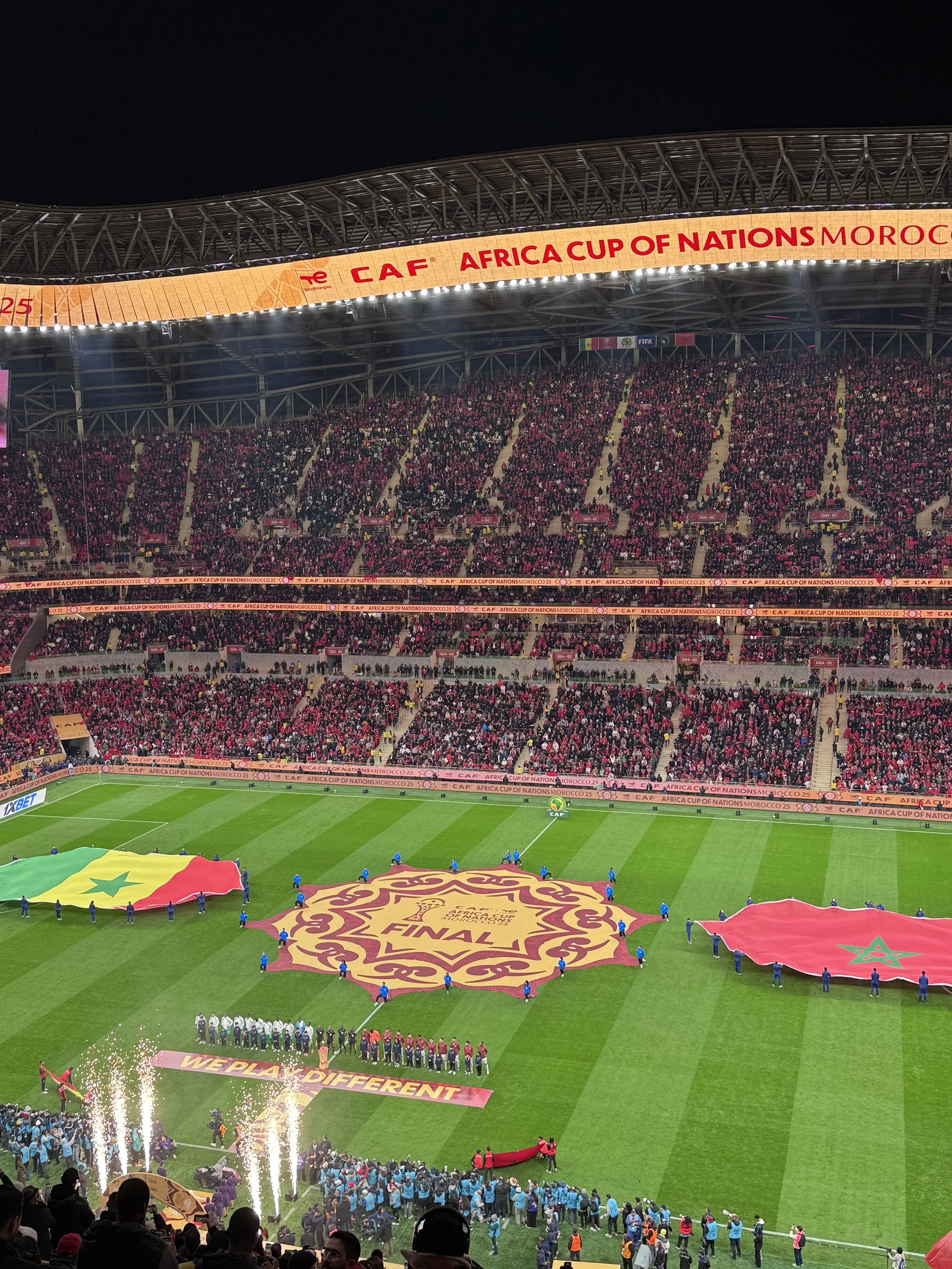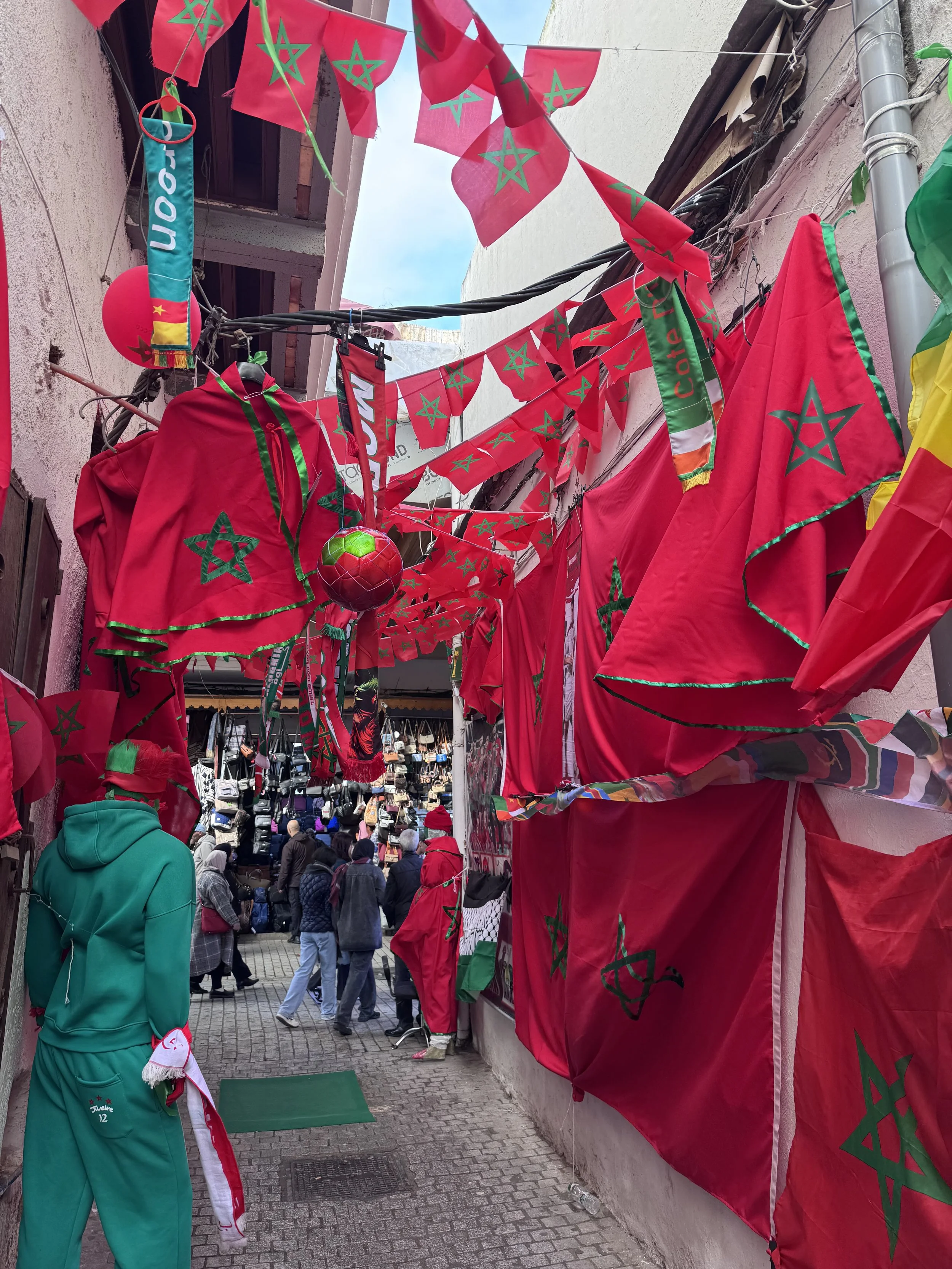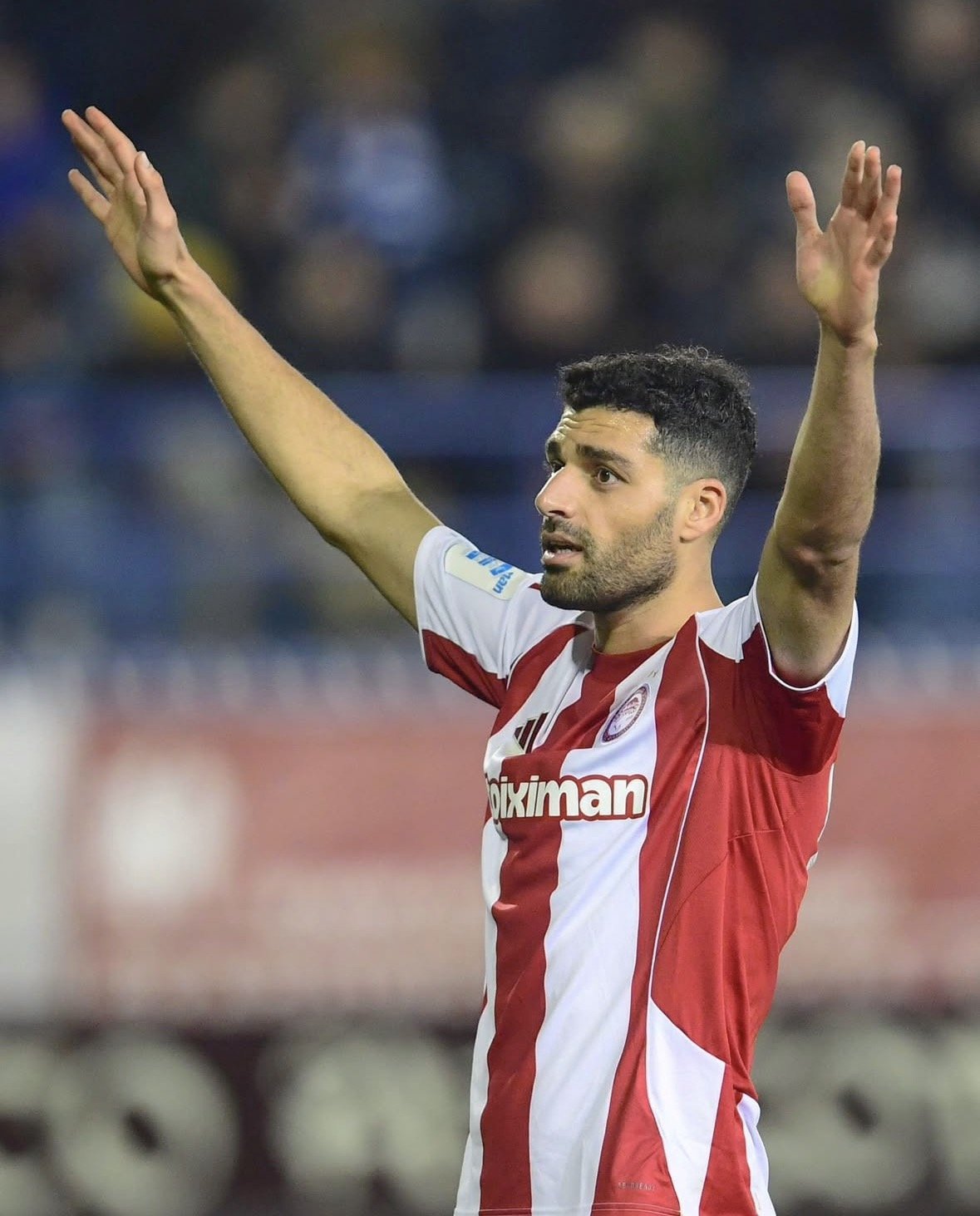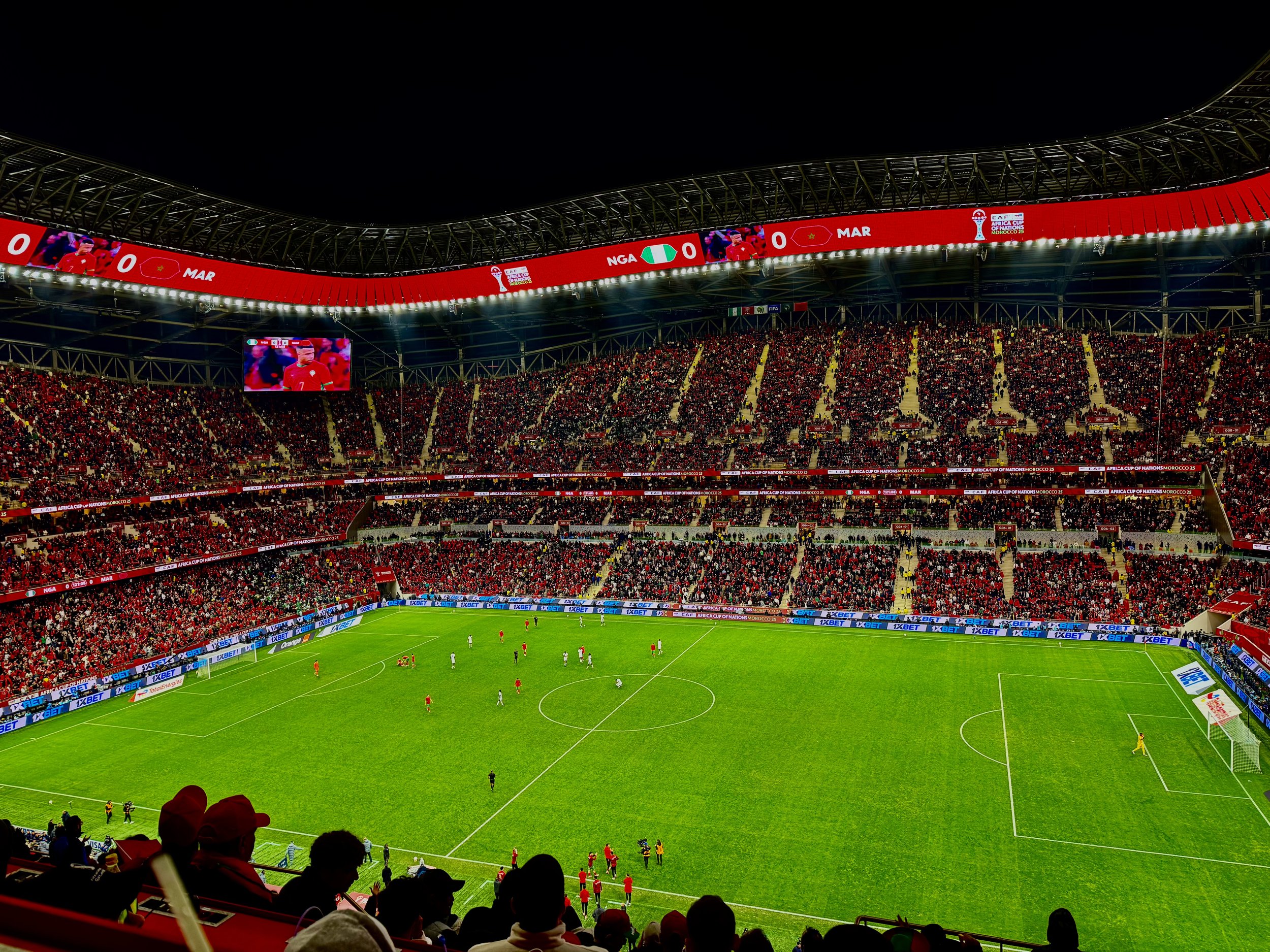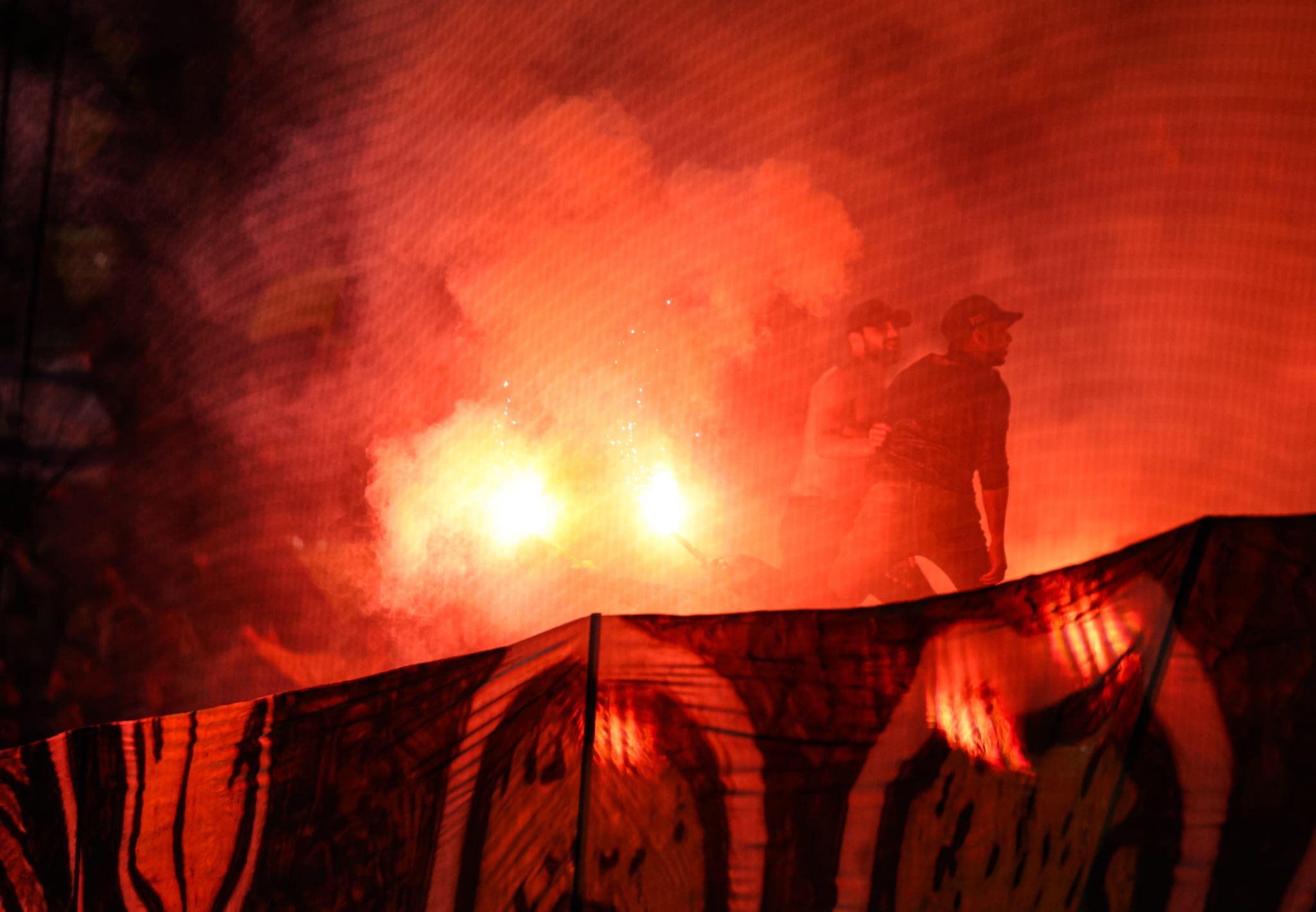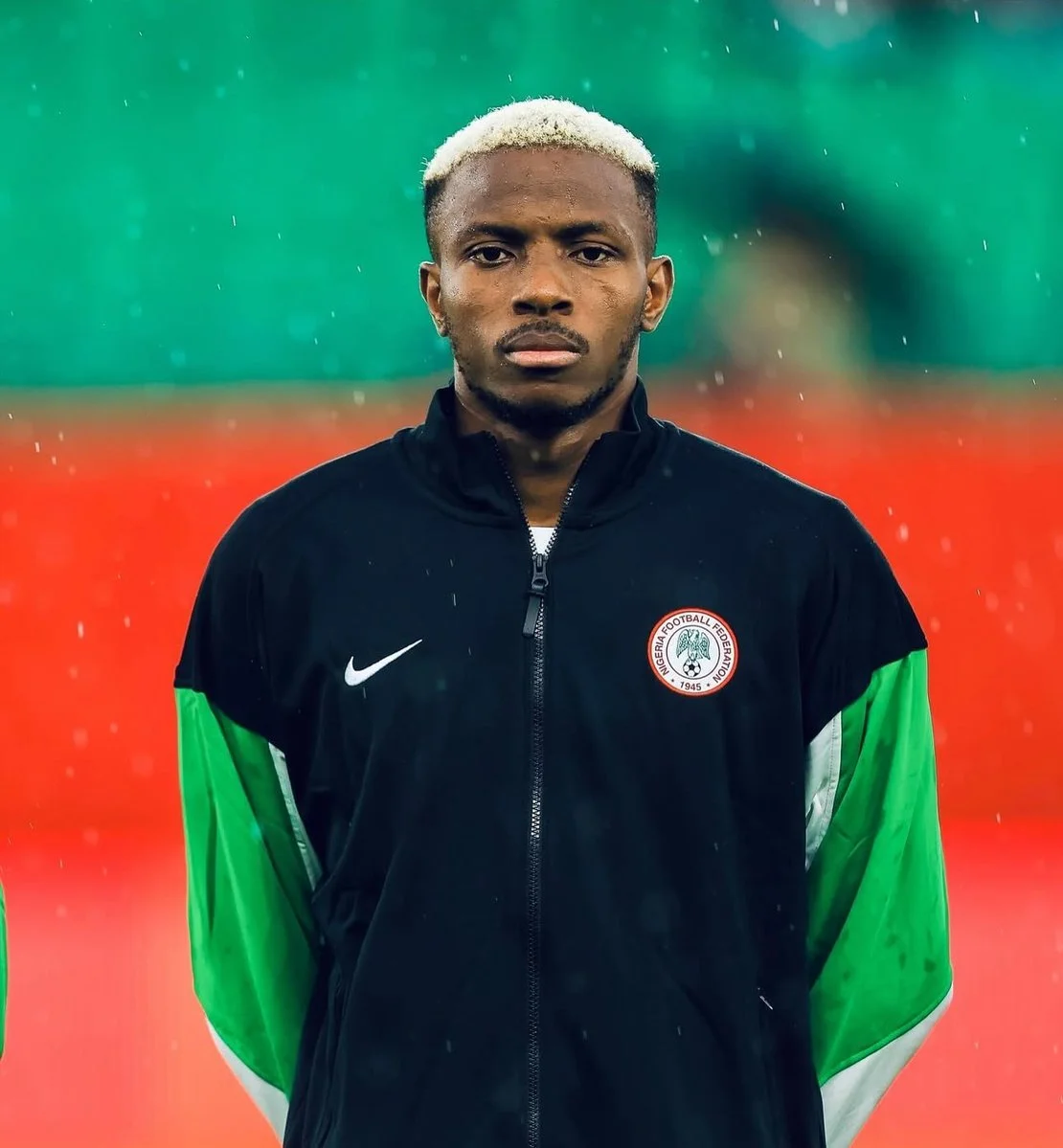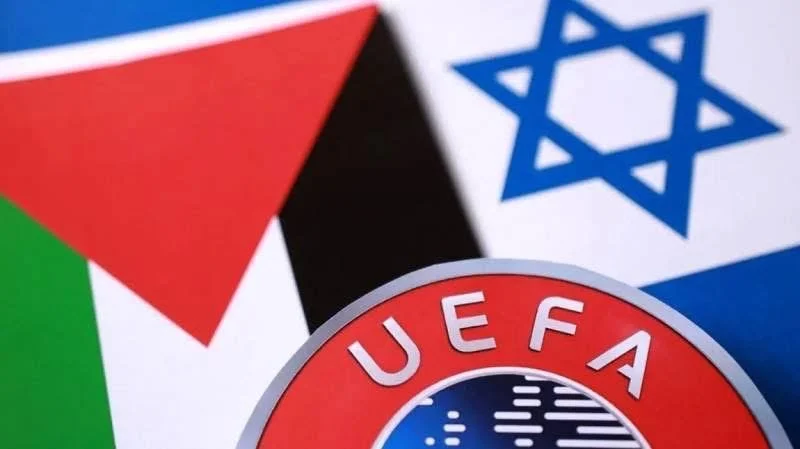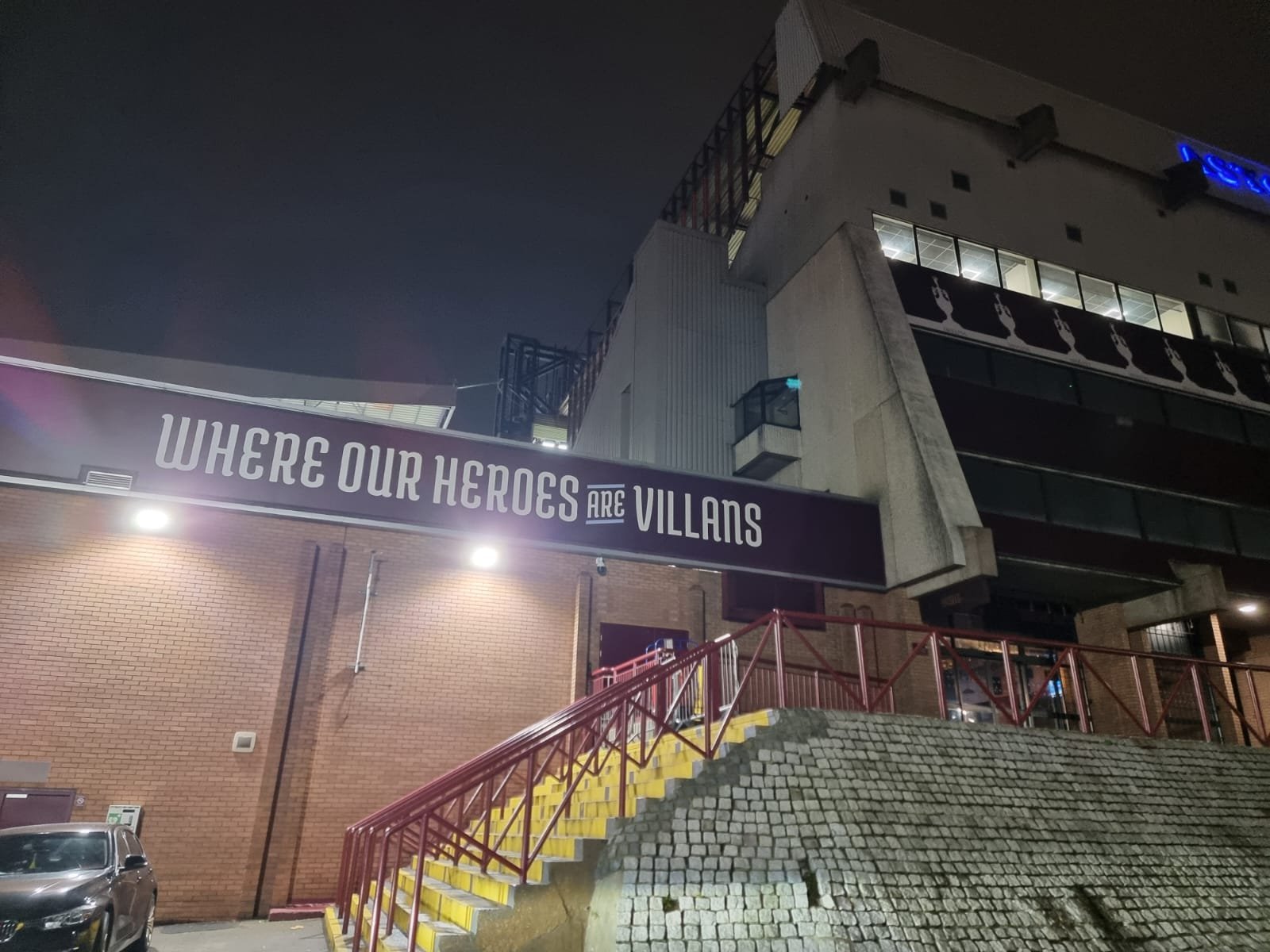The Olympics in Paris has not been favourable to Arab countries so far.
Contrary to early predictions and the Tokyo Olympics, which was a peak event for the 22 Arab countries with 18 medals (five gold, five silver, eight bronze), the games in Paris are progressing slowly. So far, only three medals have been awarded to Arab countries - all from North Africa - Tunisia with silver in fencing, Egypt with bronze in the same sport, and Algeria with gold for boxer Imane Khelif and gymanastics young star Kaylia Nemour. However, in the coming week, at least one medal will be added to the Arab world, and it will come from the sport of football.
This year's Olympic football tournament is marked by true Arab history. Two teams, Morocco and Egypt, did well and advanced to the semi-finals.
Of course, each has its rise and success for different reasons and changing circumstances, but success is entirely part of the momentum of Arab football in recent years, with record participation in the last two World Cups, the World Cup in Qatar as a peak event, and the enormous growth of football in the Gulf as a result of the unprecedented investments of Saudi Arabia and its neighbours in local leagues and national teams.
But with all due respect to the vast sums of money being poured into football in the Gulf, Morocco and Egypt are showcasing in this Olympics the true qualities of Arab football in general and North Africa in particular.
Morocco: A royal investment in natural talent
Morocco, which will play against Spain in the semi-finals, has made an impressive journey to this stage. After a historic VAR controversy, they opened the Olympic football tournament with a prestigious victory over Argentina. They lost to Ukraine but beat talented Iraq 3-0 and defeated the USA with a resounding quartet in the quarter-finals.
This doesn't happen by chance. Morocco is a football-obsessed country. The Moroccan crowds of clubs like Raja and Wydad Casablanca are known worldwide for the exceptional atmosphere they create and their endless passion for the game. Still, Morocco and football is not just about a "good atmosphere". The country is at the peak of development momentum and massive investment in the beautiful game. In recent years, there has been government investment by order of the King of Morocco amounting to millions of euros each year in men's and women's football infrastructure in the country.
The national teams' house of the Moroccan Football Association is a masterpiece of a training facility, with the Mohammed VI Academy adjacent to it, which monitors various talents across the country and, from a young age, nurtures them to become Morocco's stars for years to come. Some of the well-known names that have come out of the academy are goalkeeper Yassine Bounou (Al-Hilal), Azzedine Ounahi (Marseille), and Youssef En-Nesyri who just left Sevilla and signed with Fenerbahçe. In parallel, Morocco, in the last generation, has created a strong connection with Moroccan populations in Western Europe, locating young footballers of Moroccan origin who are educated in football systems in Spain, France, the Netherlands, and Belgium and persuading them to represent the national team of their parent's homeland.
Two of the over-age players of the Olympic team represent precisely this. Achraf Hakimi, born in Madrid and raised at Real, chose to represent Morocco and is considered one of the best defenders in the world, as well as Sofiane Rahimi. The 28-year-old striker, who grew up in the alleys of Casablanca and broke through relatively late, is exploding this year with 26 goals and eight assists in all competitions for the club and national team and the MVP title of the Asian Champions League. Morocco has won two out of three CHAN tournaments (African Championships for national teams with local players only), finished fourth in the 2022 World Cup in the most outstanding achievement of an African and Arab team in the World Cup, and the women's team lost in the final of the last Africa Cup of Nations. When you connect this to the near future, you understand that this will not stop. Morocco will host the African Cups for women and men this year and in 2026 (respectively) in preparation for the 2030 World Cup, which they will co-host with Spain and Portugal.
Egypt: Tradition and football heritage make the difference
But as mentioned, it's not just Morocco. Egypt is also enjoying a substantial Olympic football tournament. First, Egypt has a rich sports culture and tradition, also in titles. The Pharaohs' national team has won the Africa Cup of Nations seven times and has won 39 Olympic medals (the most among Arab countries). In the land of the Nile, there is a very advanced bodybuilding culture and a vast resource in the form of a population of about one hundred million people. A large population is not a guarantee of sports success. Still, in Egypt, a massive pool of football talent is well monitored by two giant clubs and their player development infrastructure - Al Ahly and Zamalek. These two Cairo giants, which send six players from the Olympic squad, are sports organizations with a lot of money and political influence that crosses the boundaries of the football field.
In the background of every Egyptian success in football in recent years stands an event that changed the sport in Egypt forever - the Port Said disaster in which 72 football fans and two policemen were killed in a league match between Al Ahly. This event led to the closure of the local league for two years. It was part of a series of political developments that eventually saw the then Muslim Brotherhood candidate, Mohamed Morsi, win the 2012 elections and later also a military coup.
That disaster occurred about half a year before the 2012 London Olympics, to which Egypt also sent a football team. Despite the halt of local football, the under-23 national team prepared for the Olympic Games and held practice matches in Switzerland against Basel. The Swiss were impressed by a young player who had just made his breakthrough in a small club on the outskirts of Cairo and had yet to sign with one of the big ones. This player was Mohamed Salah, who, on that trip, left Egyptian football and did not return. By the way, in that Olympics, the Egyptians were stopped in the quarter-finals. Twelve years have passed, and here they are for the first time in the semi-finals.
On the way to the semi-finals, the Egyptians drew with the Dominican Republic, beat Uzbekistan and stunned Spain in the group stage, and beat Paraguay (who beat Israel) on penalties in the quarter-finals. All this is happening thanks to three central figures. The 23-year-old talent Ibrahim Adel from Pyramids FC, who has scored three goals so far and scored the decisive penalty against the Paraguayans, is the most prominent among them, but also the captain, ex-Arsenal Mohamed Elneny, one of only two over-age players, adds leadership and a lot of experience to the young group. The third side is the Brazilian coach, Rogério Micale, who, in the 2016 Olympics, led Brazil to gold in the football tournament, and now in Egypt is expected to repeat the achievement.
The last time Egypt won a football tournament was in 2010 when a streak of three consecutive African Championships ended with a golden generation led by Mohamed Aboutrika. Since then, many things have happened, including the Port Said disaster, and Egypt has not won a title in the country's most popular sport. An Olympic medal would certainly restore prestige to the person considered the queen of football in Africa and the Arab world.
Like the UAE, Qatar, Saudi Arabia, Morocco and Egypt also invest significant amounts in football. Still, in the case of the Atlas Lions and the Pharaohs, other factors are based on their outstanding achievement in the Olympic football tournament in Paris. Whether it's the raw talent, tradition and experience in the Egyptian case or the investment in infrastructure, connection with the diaspora and long-term plans of the Moroccans, one thing is sure - no matter if both beat France and Spain, only one of them advances to the final, or both lose - an Arab Olympic medal in football will be won. The question is whether it will land in Casablanca, Cairo or both.
The article was first published in Israel Hayom.


